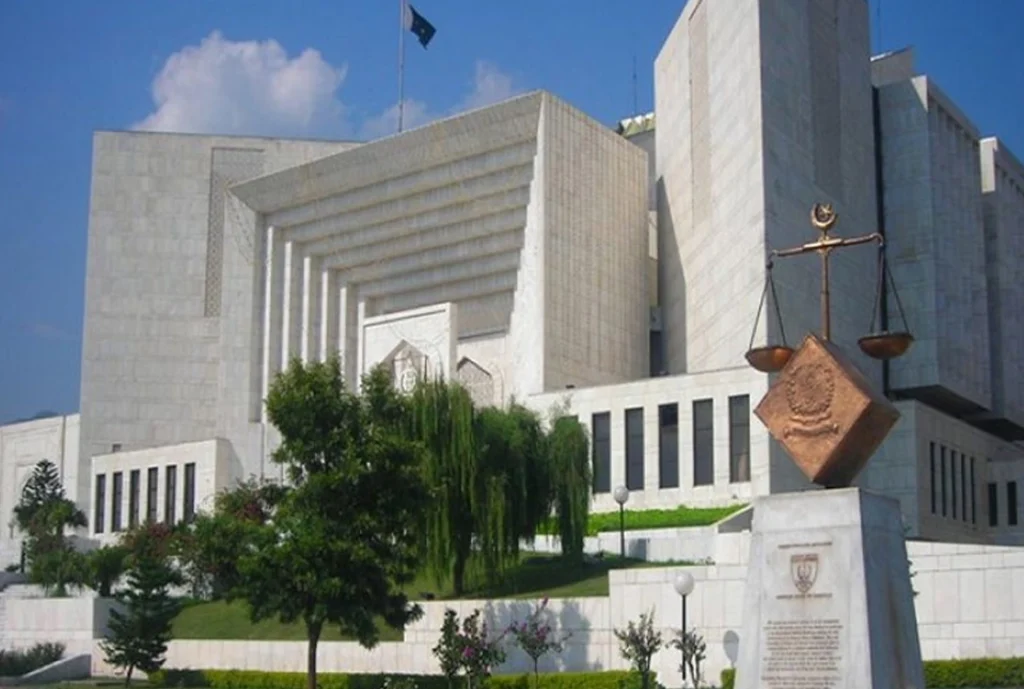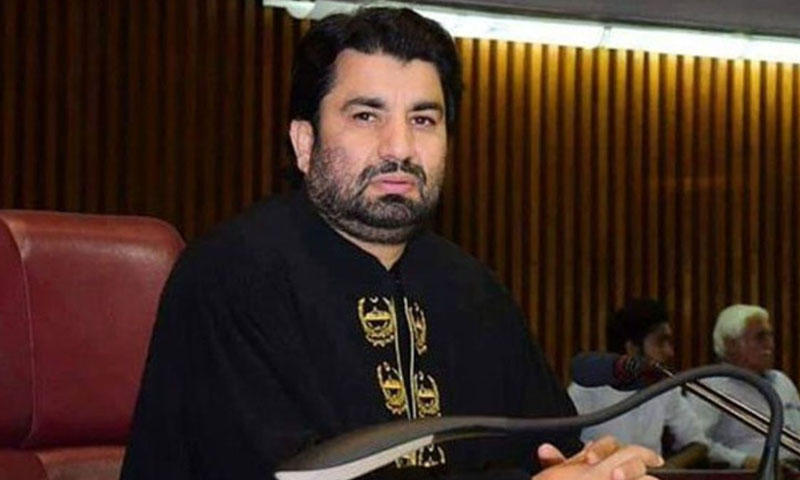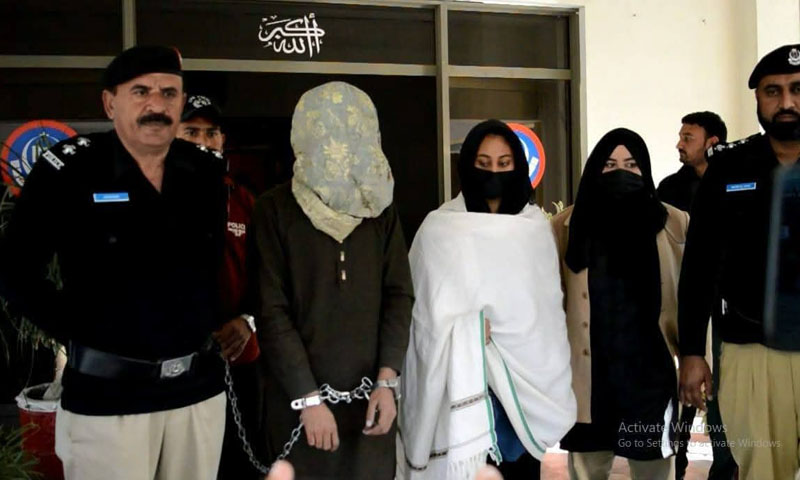- Web Desk
- Feb 09, 2026
SC acquits man after 12 years in jail for alleged rape of daughter
-

- Ahsan Wahid
- Aug 28, 2025

ISLAMABAD: The Supreme Court of Pakistan (SC) has acquitted a man who spent 12 years in prison after being convicted of raping his own daughter, overturning both the trial court and Lahore High Court (LHC) decisions that had sentenced him to life imprisonment.
Also read: SC disposes of military court martial, inheritance dispute cases
A three-member bench headed by Justice Hashim Kakar delivered the verdict, with a detailed 10-page judgment authored by Justice Ali Baqir Najafi. The Supreme Court declared the prosecution’s evidence unreliable and ordered the man’s immediate release if he is not wanted in any other case.
The alleged incident dates back to 2010, when the accused’s daughter – then just six or seven years old – accused him of rape. He was subsequently tried and convicted by a trial court, which sentenced him to life imprisonment and imposed a fine of Rs 35,000. The LHC upheld this decision in 2013. The man later appealed to the Supreme Court.
In its judgment, the Supreme Court raised serious concerns about the reliability of the evidence used to convict the accused. The court noted that the victim’s mental maturity had not been assessed at the time of recording her statement, a critical requirement under the Qanun-e-Shahadat (Evidence Act).
The law stipulates that a child’s testimony is only admissible if the judge is satisfied that the child fully understands the nature and implications of their statement.
“There were clear contradictions in the victim’s statement,” the court observed, adding that the timeline of the alleged incident was vague. It also pointed out inconsistencies in the medical testimony. “The doctor initially stated that rape had occurred, but retracted this statement during cross-examination,” the judgment noted.
Also read: SC declares denial of pension to divorced daughters unconstitutional
Moreover, the court found that the complainants, the mother and maternal uncle of the girl, were not eyewitnesses and had only presented hearsay evidence. The bench also observed that a property dispute and domestic conflicts within the family had surfaced during the trial, suggesting the possibility of ulterior motives behind the accusation.
In light of these findings, the Supreme Court quashed the conviction, saying, “The prosecution has failed to prove its case beyond a reasonable doubt. The accused is acquitted of all charges.”




